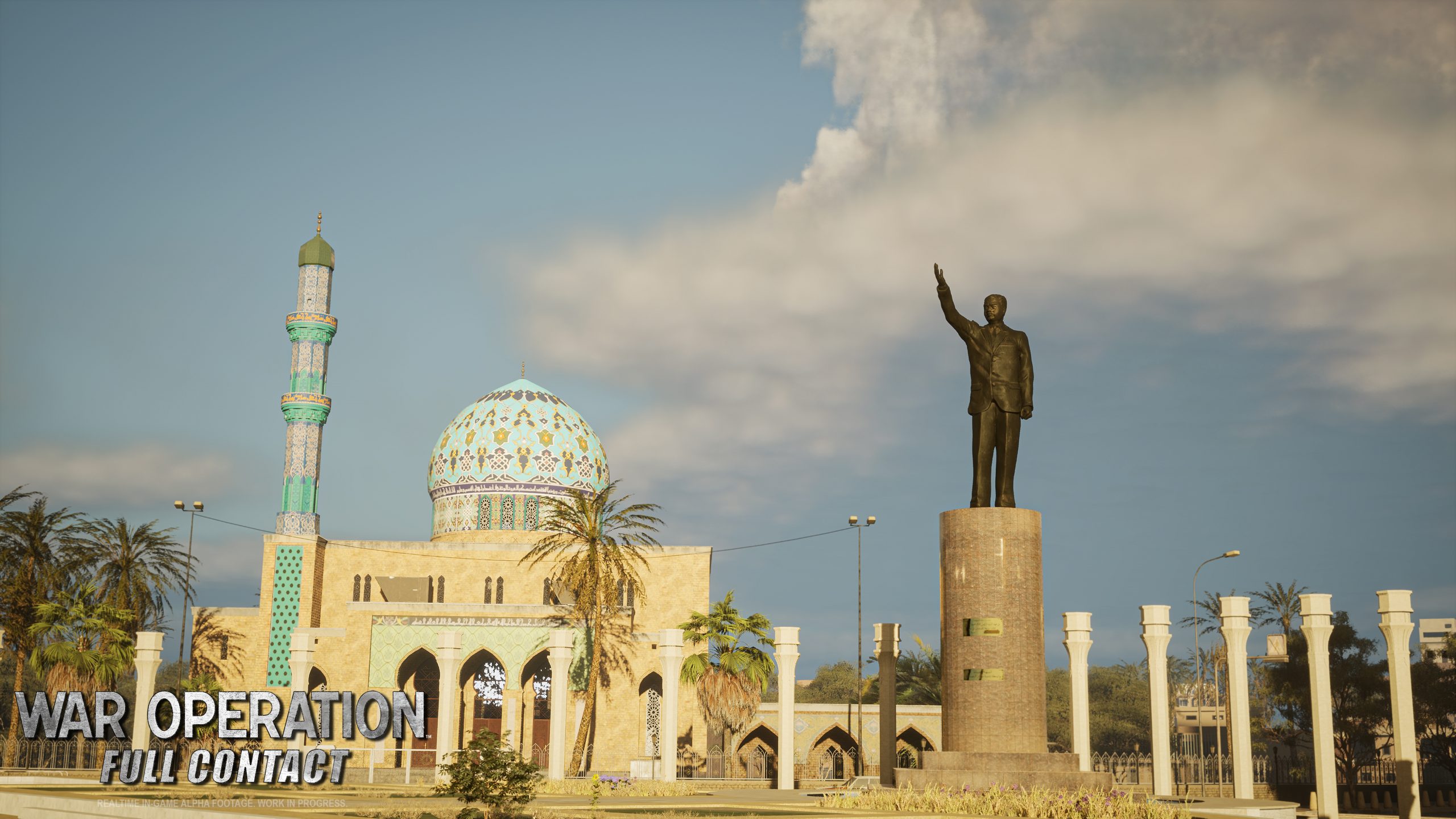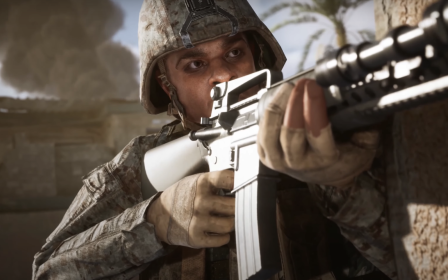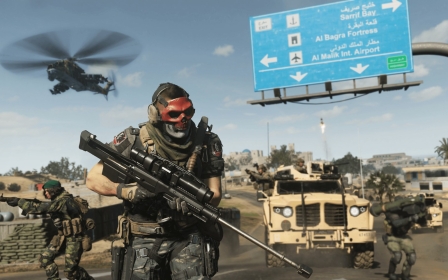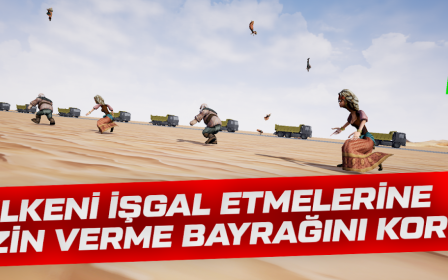Six Days in Fallujah: Preview of video game sparks social media backlash
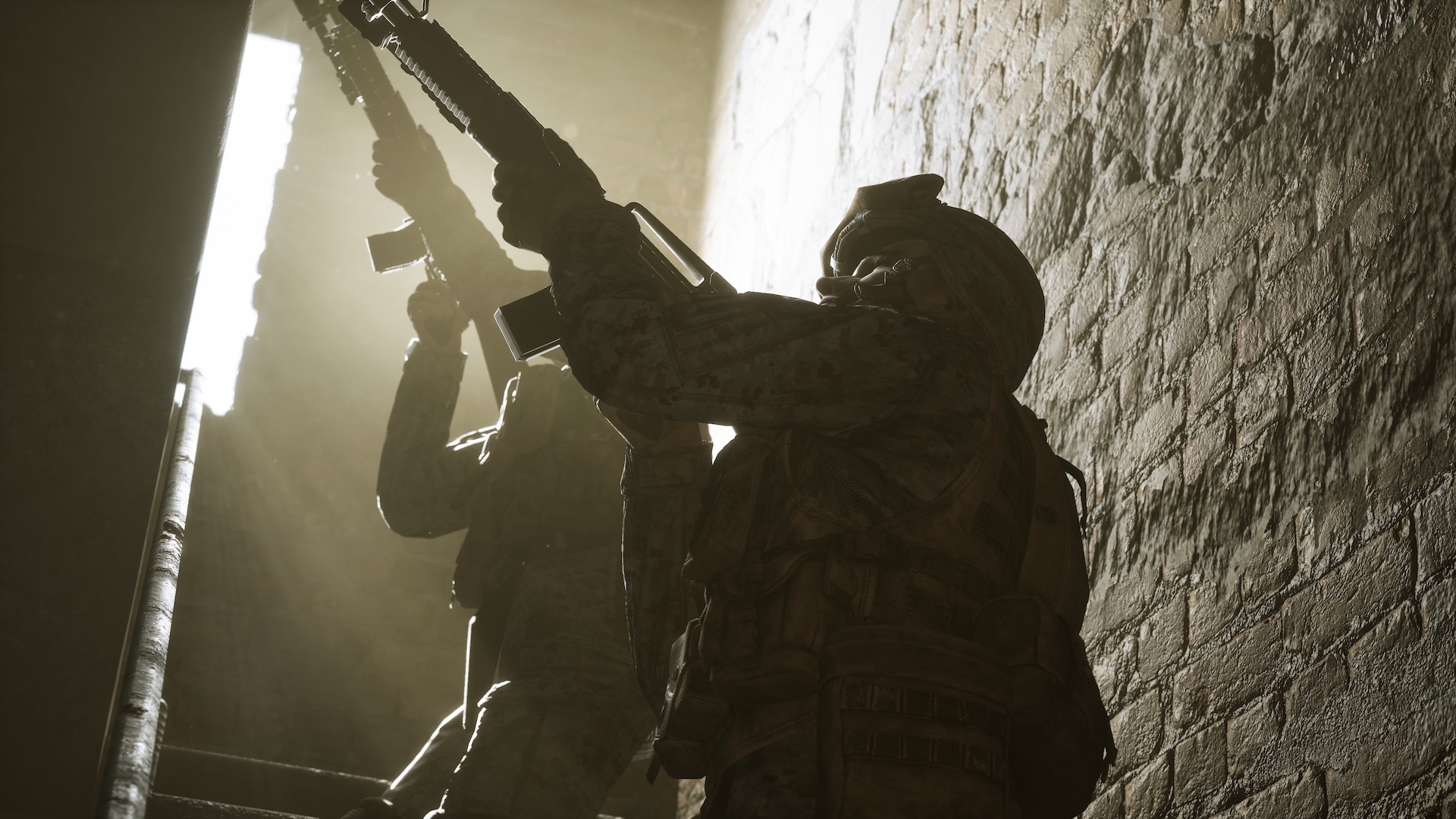
American game developer Highwire Games and publisher Victura have come under fire after releasing an early access version of Six Days in Fallujah, a first-person shooter game set during the US occupation of Iraq in 2004.
Since its initial announcement almost 18 years ago, the game has garnered continuous controversy, stemming from its attempted portrayal of the second Battle of Fallujah, a gruelling six-week-long conflict in 2004 involving American-led forces and Iraqi armed groups, recognised as one of the bloodiest battles of the US occupation.
Social media users have criticised the creators over the “macabre” decision to model the game, in which users can only play as members of the US counter-insurgency, on real life events and accuse it of whitewashing US crimes in Iraq.
The wait is over!
— Six Days in Fallujah (@SixDaysGame) June 22, 2023
Experience modern war as it’s really fought.
Today, the battle begins.https://t.co/wTNhYXkJSd#SixDaysLaunch pic.twitter.com/8vsLiuQzq4
A teaser of the game posted by an official account ignited a firestorm of criticism on Twitter, with social media users arguing that the game trivialises the horrors of war and disrespects the lives lost as a consequence of the US invasion.
New MEE newsletter: Jerusalem Dispatch
Sign up to get the latest insights and analysis on Israel-Palestine, alongside Turkey Unpacked and other MEE newsletters
Many took to the platform with a biting satirical tone, mimicking the language and style of the original trailer to point out the insensitive marketing tactics of the game.
“Experience what it’s like to be a war criminal as you kill, rape and torture innocent Iraqi civilians because you’re a career terrorist,” said one user.
According to the official website, players are promised an immersive experience in "real-life scenarios," where they step into the shoes of real US soldiers who narrate their first-hand experiences.
The website adds the game's commitment to “authenticity and respect” by mentioning the involvement of over 100 Marines, soldiers, and Iraqi civilians who have contributed photographs, videos, and consultation.
However, early access players pointed out the absence of an option to play from the perspective of Iraqis.
The game, which was released for early access players last week, is expected to be completed and released in full in 2024 across PC and console.
Amidst the ongoing uproar surrounding the exclusion of the Iraqi perspective, users brought attention to another game currently in development.
The alternative game, titled "War Operation™Full Contact", offers players the opportunity to experience the Iraq War from the point of view of an Iraqi soldier defending their country.
One user expressed anticipation, stating, "I'm waiting for my friends at Longmire Studio to finish their game. In it, you can fully play as the heroic Iraqi Resistance."
Speaking to MEE, Yusuf Erdogan and Nabyl Badji from Longmire Studio emphasised that while it is a game, it also serves as a historical work, meticulously reconstructing real-world elements.
"The development of this game began with the sole aim of offering an alternative vision of war video games, different from games advocating American militarism and heroism that are frequently present in realistic war video games."
Longmire stated that their precise replication of locations like Firdos Square, a significant location during the Iraq War, down to the hair salons, shops and restaurants, was intended to showcase Iraq not as a mere war-torn landscape but as a city like any other.
The developers denied that their game was created in direct response to “Six Days In Fallujah” but assured that their project “can certainly be a serious response to all games espousing these harmful ideologies detrimental to the Middle Eastern and Islamic communities worldwide".
As the social media debate rages on over the boundaries of video game content and the ethical responsibilities of game developers, several users pointed out that the "Six Days In Fallujah" account was actively blocking and concealing replies that were critical.
Middle East Eye has reached out to Victura for comment, but did not receive a response at the time of publication.
This article is available in French on Middle East Eye French edition.
Middle East Eye delivers independent and unrivalled coverage and analysis of the Middle East, North Africa and beyond. To learn more about republishing this content and the associated fees, please fill out this form. More about MEE can be found here.


